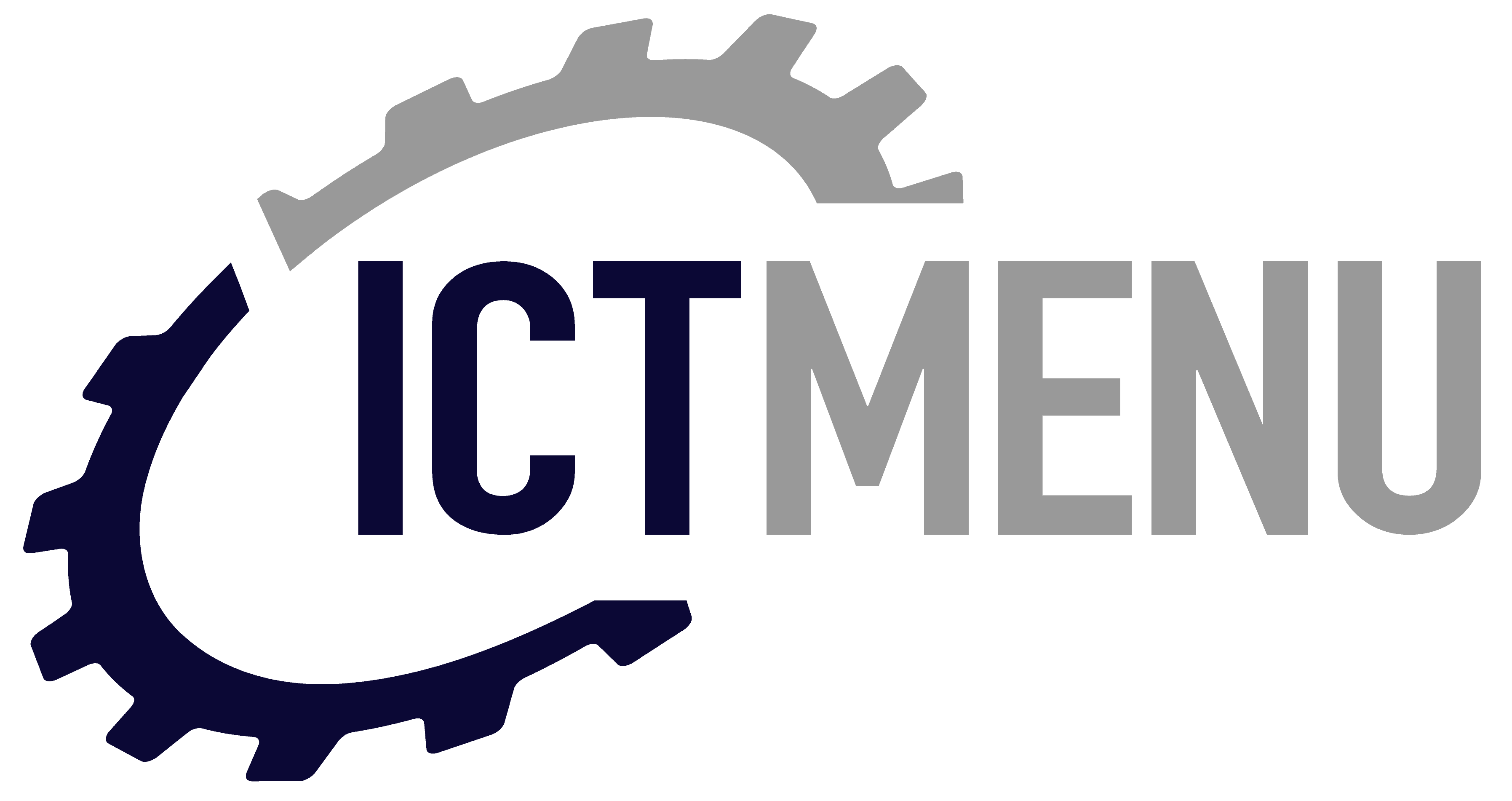OpenProject is a powerful tool that can transform the way you manage projects. With features like task tracking and team collaboration, OpenProject offers an efficient platform for improving productivity. Discover how this tool can simplify complex project processes and enhance team communication. Gain valuable insights on maximizing OpenProject’s potential to manage your digital infrastructure projects effectively.
Understanding OpenProject
OpenProject is a versatile open-source project management software that caters to various project needs. From handling intricate workflows to providing robust collaboration tools, OpenProject offers a comprehensive suite to enhance your project management skills. At its core, OpenProject is designed to streamline task management through its intuitive tools, allowing users to assign and track tasks efficiently. This feature ensures that team members stay informed and assignments are completed within set timelines, boosting overall productivity.
Moreover, OpenProject incorporates agile support, enabling teams to implement agile workflows seamlessly. This capability is particularly beneficial for iterative project development, allowing teams to adapt quickly to changes and deliver consistent project results. By integrating agile methodologies, OpenProject enhances flexibility and continuous improvement, crucial for dynamic project environments.
In addition to these features, OpenProject’s timeline reporting stands out, offering detailed insights into project progress. This function allows project managers to visualize timelines, identify potential bottlenecks, and allocate resources strategically. With this insight, you can make informed decisions that keep your projects on track and stakeholders informed.
Understanding these fundamental components of OpenProject is pivotal for navigating and implementing it effectively into your project workflows. By leveraging its task management, agile support, and timeline reporting, you can optimize your project management practices and achieve your project goals more efficiently. As you consider using this software, the next step is to explore how to set up OpenProject to align with your specific project requirements and team dynamics, paving the way for a successful and collaborative project environment.
Setting Up OpenProject
OpenProject, as a powerful project management tool, begins with a structured setup process that ensures a foundation for optimizing workflows and enhancing collaboration. Starting with server preparation, attention to server environment compatibility is essential. Before installing OpenProject, verify that all dependencies are correctly installed to prevent future performance bottlenecks. These preparations ensure that the server environment supports OpenProject’s full range of capabilities effectively.
Installation can occur through packaged installations or through Docker, each method offering distinct advantages tailored to specific needs. For those opting for packaged installations, a step-by-step guide simplifies the process of deploying OpenProject directly onto your server, ensuring you have a robust setup tailored to your infrastructure requirements. This method enables precise customization and direct interaction with the server.
Alternatively, Docker deployment presents a modern solution, utilizing containerization for OpenProject. This approach allows for far greater flexibility and scalability in managing your instances. Docker simplifies the installation process, encapsulating all necessary components into isolated containers that can be seamlessly scaled or managed, making it ideal for dynamic environments that demand adaptability.
A well-executed setup ultimately ensures that your OpenProject instance operates optimally, providing a base that supports secure, efficient project management. With the foundational steps completed, you’re prepared to explore and configure OpenProject’s rich feature set, enabling you to tailor the platform to match your specific project needs and goals. As we move into configuring OpenProject features, you will unlock further potentials to shape your project management environment efficiently and to its fullest extent.
Configuring OpenProject Features
OpenProject, as a powerful tool for project management, offers extensive configuration options that adapt to the unique needs of each organization. Whether you are onboarding users after installation or updating project structures, customizing OpenProject is essential to ensure the software aligns with your specific goals and workflows. Customization within OpenProject can take various forms, such as setting user roles, defining permissions, and creating project templates.
- User Roles: When configuring OpenProject, you can define user roles to control access levels and protect sensitive project data efficiently. By assigning specific roles, project managers can streamline tasks, ensuring that team members have the appropriate access to perform their duties without unnecessary distractions.
- Permissions: Tailoring permissions allows organizations to customize how different users interact with project data. This level of control is crucial for maintaining security and dependency management, as it ensures that only authorized individuals can modify critical project parameters.
- Project Templates: One of OpenProject’s most powerful features is the ability to create reusable project templates. These templates guarantee consistency across multiple projects by including predefined tasks and structures, saving time and reducing errors when starting new assignments.
By leveraging these configuration options, teams can mold OpenProject into a solution that perfectly fits their needs, boosting efficiency and productivity. With the foundation set and configuration in place, teams are well-prepared to dive deeper into leveraging OpenProject’s collaboration tools, unlocking even greater potential for teamwork and communication.
Leveraging OpenProject’s Collaboration Tools
OpenProject empowers teams with robust collaboration tools that enhance interaction and efficiency. As you’ve become familiar with configuring OpenProject features, it’s worth diving into how its integrated communication channels can unify your project efforts. These tools include forums, wikis, and messaging, all designed to foster dynamic and seamless team collaboration.
Forums in OpenProject allow for structured, thread-based discussions, making it easy for teams to manage topics effectively. By organizing conversations in threads, team members can focus on specific aspects of the project without the noise of unrelated discussions. This not only ensures clarity but also allows for easy future reference.
Wikis serve as a centralized repository of knowledge and project documentation. Within OpenProject, teams can collaboratively create and update these wikis, ensuring that every team member has access to the latest information and project details. This continuous updating of information prevents data silos and keeps everyone on the same page, fostering a more informed and prepared team.
Furthermore, the messaging feature in OpenProject supports direct communication among team members. This tool facilitates quick and focused exchanges, crucial for clarifying tasks or discussing urgent issues without delay. By leveraging direct messaging, teams can maintain momentum and avoid the pitfalls of delayed decision-making.
Integrating these collaboration tools into your workflow significantly boosts team synergy and improves project outcomes. As you embrace these tools, you’re setting the stage for effective project management. Now that your team is communicating and collaborating efficiently, you can focus on monitoring progress with OpenProject, ensuring your projects stay on track and meet your goals with precision.
Monitoring Progress with OpenProject
OpenProject offers a comprehensive suite to monitor project progress effectively, ensuring project management success by integrating powerful reporting and visualization features. The platform enables users to analyze performance in real time through various customizable dashboards and detailed activity logs.
Dashboards are a core feature of OpenProject, allowing project managers to tailor displays to showcase key performance indicators at a glance. By selecting relevant metrics, you can quickly assess project health and make informed decisions. This customization ensures that all critical information is easily accessible to stakeholders, fostering a proactive approach to project management.
Activity logs further support project monitoring by providing a detailed timeline of changes and updates. This feature ensures transparency and aids in maintaining project health. By keeping track of who made what changes and when, project managers can better coordinate their teams, address potential issues promptly, and ensure alignment with project goals.
Additionally, OpenProject’s reporting tools offer a robust method to measure productivity and pinpoint potential areas for improvement. The built-in reports, customizable to suit different project needs, allow for a detailed analysis of current workflows and outcomes. This powerful insight supports strategic planning, helping teams to remain agile and responsive to project demands.
Monitoring tools in OpenProject are indispensable for projects to stay on track and meet deadlines consistently. As you harness these monitoring capabilities, you’ll be well-equipped to optimize workflows further, paving the way for extending OpenProject with various plugins that enhance functionality and adapt to evolving project demands.
Extending OpenProject with Plugins
OpenProject can be enhanced significantly through the strategic use of plugins, addressing unique project management needs and creating a more personalized experience. Transitioning from monitoring progress effectively with OpenProject, users can now explore a broad array of plugins to customize their workspace. These plugins range from calendar integrations to advanced reporting tools, each providing distinct and practical advantages to streamline workflows and enhance collaboration.
Firstly, calendar integrations are immensely valuable, allowing users to sync tasks and deadlines with external calendars. This functionality facilitates holistic planning and ensures seamless coordination across different tools used by your team. By keeping all stakeholders on the same page, projects can proceed smoothly without any misalignment of schedules.
Advanced reporting is another critical area where OpenProject plugins can add substantial value. These plugins are designed to provide detailed and specific reporting capabilities, offering insights that are crucial for decision-making and strategic planning. Enhanced reporting ensures that data-driven decisions are easily accessible, transparent, and beneficial in optimizing project outcomes.
Customization plugins allow teams to tailor the appearance and features of OpenProject, ensuring that the platform fits seamlessly with their specific workflow needs. This flexibility means that teams can optimize their user interface and functionality to match their established processes, enhancing efficiency and user satisfaction.
By carefully selecting the right plugins, teams can significantly expand OpenProject’s capabilities. Such thoughtful customization not only broadens the platform’s functional scope but also elevates the overall user experience, empowering teams to manage their projects more effectively and achieve their goals with ease.

